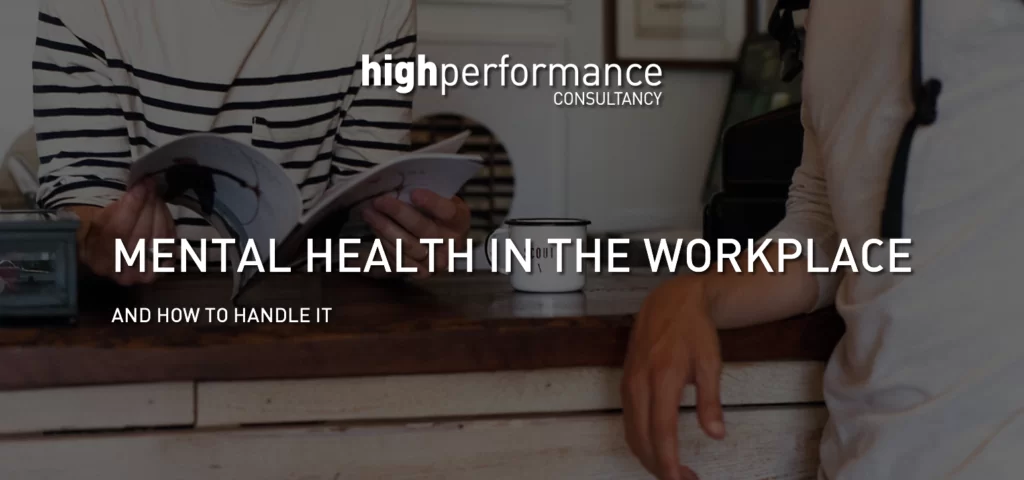With the World Mental Health Day next month, it could be time to consider what organisations can do to support their employees. It has been estimated that 1 in 4 people will suffer from a mental health issue as some point in their life, therefore a significant proportion of the workforce at any given time will be coping with a mental health issue.
CIPD have stated that organisations who promote good physical but also mental health see better morale, productivity and retention aswell as reduced absence rates. However in a recent poll they have taken has shown that only 32% of employees believe their organisation is doing enough to support and promote good mental health at work?
So what can an employer do to support mental health and emotional wellbeing in the workplace:
- Consider implementing a Wellbeing in the Workplace Policy – for this to succeed it needs to be championed by the Senior Management Team, regularly reviewed and underpin other relevant policies
- Provide training for lines managers, not only focusing on absence management but also how to spot the early warning signs and giving them the confidence to hold productive conversations with staff regarding mental health
- Spotting the early signs of mental ill health, i.e. changes in a person’s behaviour/demeanour and whilst employers should not give advice about a mental health problems they should signpost employees to expert support i.e. GPs, mental health charities
- Promote awareness of mental health as part of a wider wellbeing policy/programme which helps to remove the myths/stigma surrounding mental health.
- Ensure the work-life balance of yours employees. The senior management team, where possible, should lead by example and show a good work life balance. Line managers should be having conversations with staff that appear to be always staying late to try and identify the reasons why.
- Look at making adjustments to an employee’s work including changing hours and tasks to support them – it may not have to be necessarily a permanent change but on a short term basis to assist. Long term and severe mental illness have been classed as a disability and are therefore covered by the Equality Act 2010.
- Have regular update meetings with staff and encourage two way communication and where possible involving them in decision making process.
- Ensure positive working relationships within the workplace and have the structures in place for staff to deal with poor interpersonal relationships
- Consider introducing initiatives such as the Wellbeing Charter and wellbeing days focusing on health
- Consider introducing stress audits and health and wellbeing audits to identify any areas within the workplace that need to be improved
- Have a good absence management policy which provides the tools to the line managers to support their staff including the use of return to work interviews
